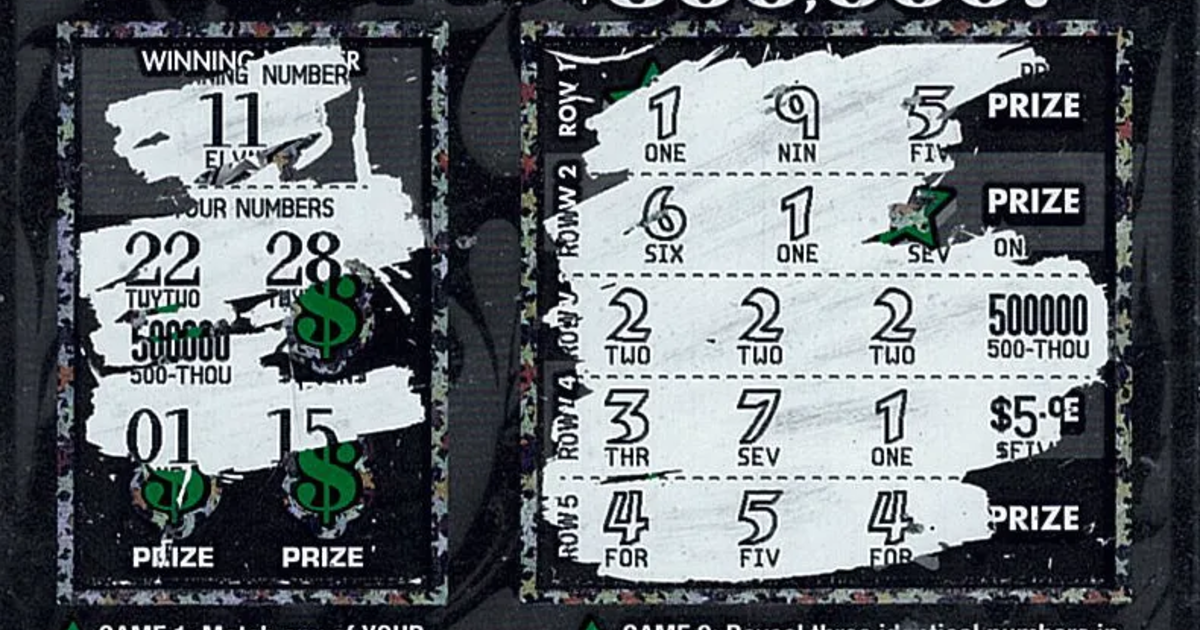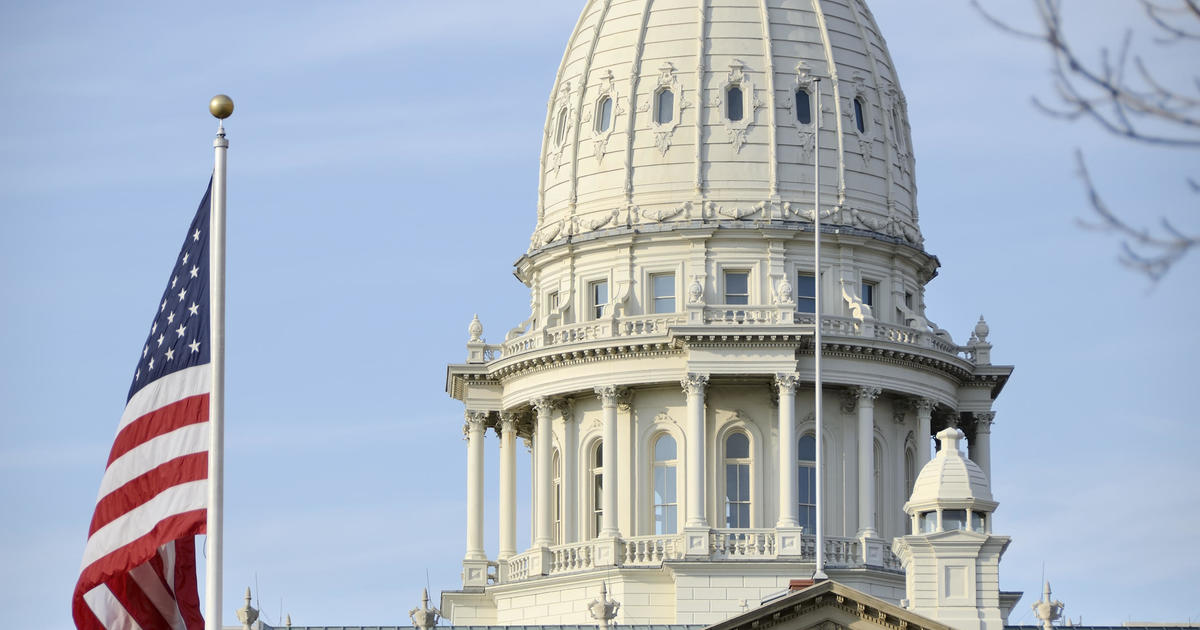GLREA Wins 'Solar Garden' Grant
LANSING -- The Michigan Economic Development Corp. Monday announced that the Great Lakes Renewable Energy Association has been awarded a $33,304 grant from the Michigan Energy Office, Renewable Energy Demonstration Program, to perform a Community Solar PV Garden Feasibility Study.
"Renewable energy resources, such as community solar, offer many potential community, economic, environmental, national security, and societal benefits for the state," said MEDC president and CEO Michael A. Finney. "Through this study, we can identify ways to make community solar a growing solution for locally owned clean energy."
During the study, GLREA will compile a wealth of valuable information, including best practices, system and financing models, barriers and opportunities, and other key factors. This project will enable a variety of interested parties to develop the best possible community solar projects in Michigan.
It has been estimated that less than half of the homes and businesses in Michigan are good sites for solar energy due to shading or roof orientation. Meanwhile, renters and condo owners do not own property that can be used for solar installations. Also, solar energy systems often require a large upfront cost that makes it difficult for many homeowners, institutions, or businesses to get involved.
"Community solar may be a solution to all these barriers," said GLREA Project Director Dave Konkle. "It is a very new concept in the US that is getting a great deal of attention, with many states researching barriers and introducing appropriate legislation to enable community solar projects for interested citizens."
Community solar is defined as a solar electric or renewable energy system that has multiple owners or shareholders who receive some benefit because of their investment in the project. With community solar, the actual generation of renewable energy does not occur at the customer's site. Instead, the customer subscribes to a portion of a shared facility and the power generated results in the subscriber receiving their portion of the benefit based on their investment.
By building a larger scale system in an optimal sunny location, the cost to the investor can be lower, and the benefits higher, than the typical residential or small commercial installation.
In Michigan, non-renewable sources of energy supply nearly all of the state's electricity, thermal, and transportation fuel needs. The goal of the Michigan Renewable Energy Demonstration Program is to fund feasibility and demonstration projects that have the potential to drive down the installed cost per unit-of-energy for renewable energy applications in relation to other energy options in the state.
Through analysis and demonstration projects, renewable energy technologies and fuels can be further enhanced, deployed, and showcased, resulting in increased innovation, efficiency, implementation, and public awareness.
For additional information on the Michigan Renewable Energy Demonstration Program, contact Tania Howard, Program Coordinator, Michigan Energy Office, at: howardt4@michigan.gov, or visit the Michigan Energy Office's website at: www.michigan.gov/energyoffice.



